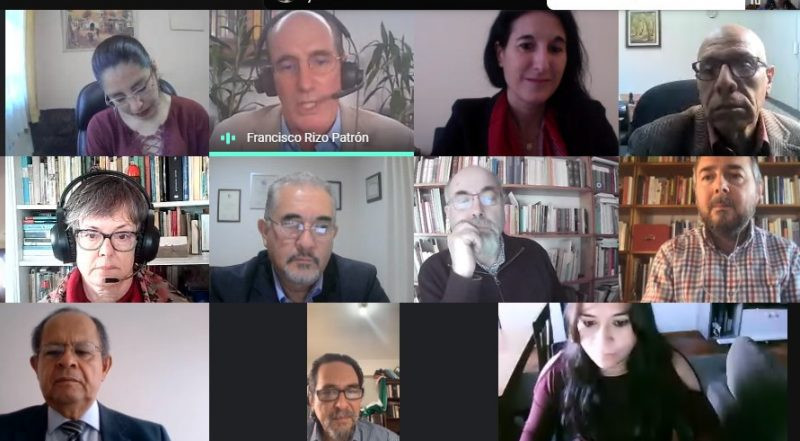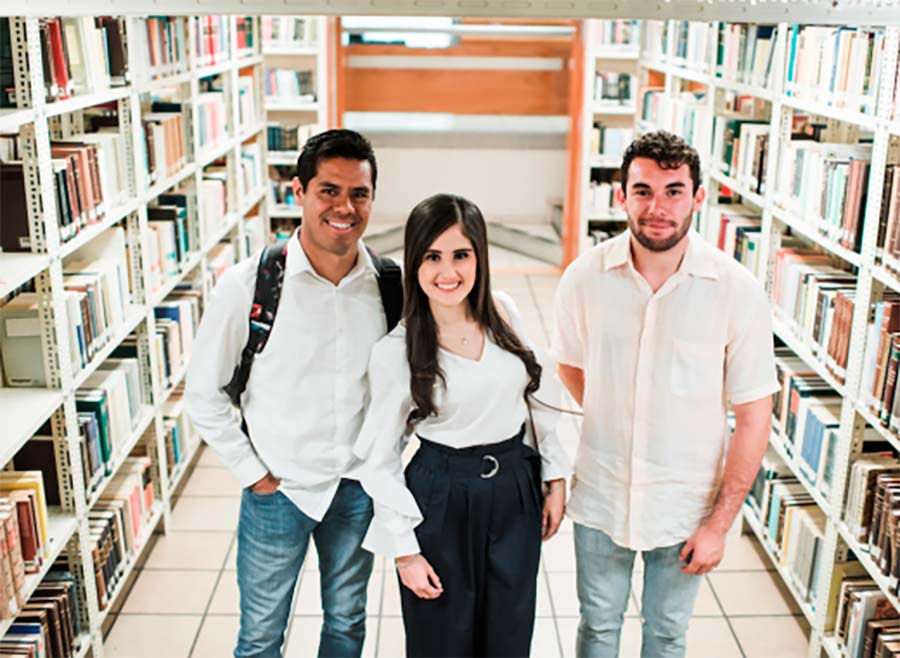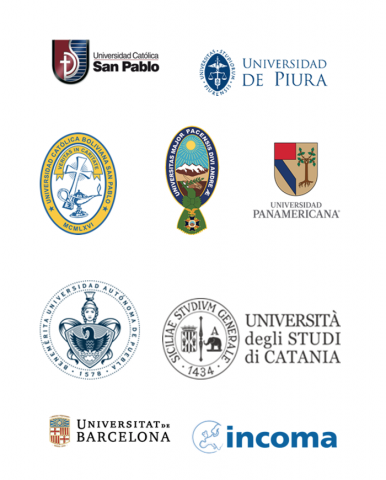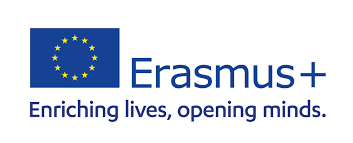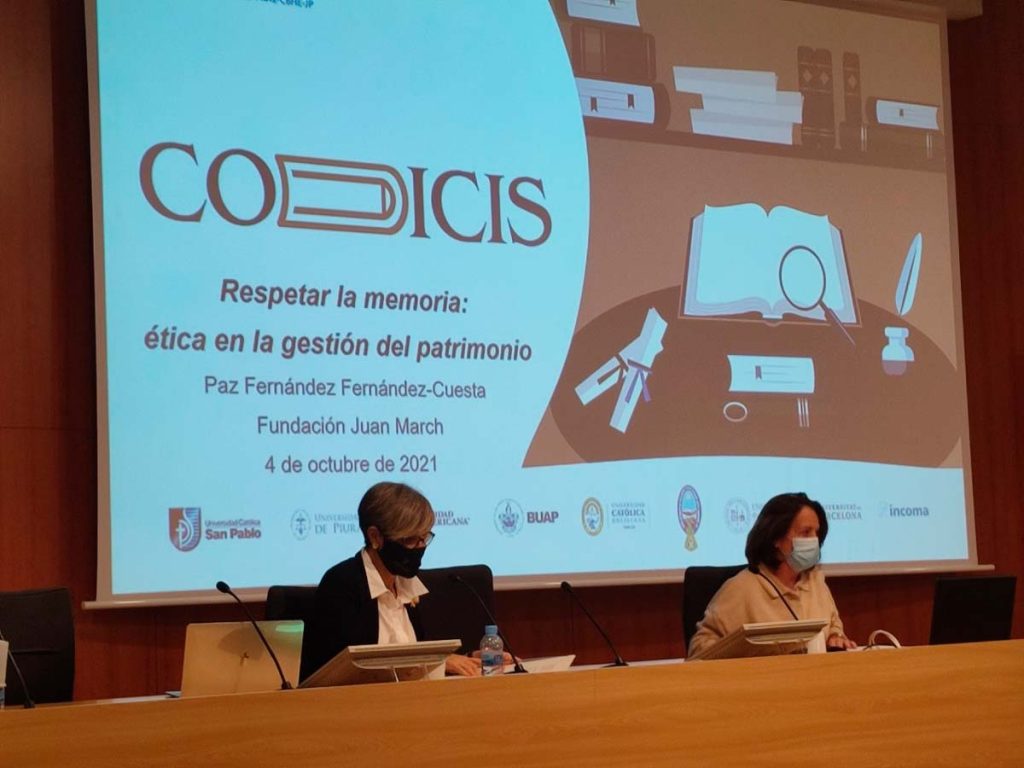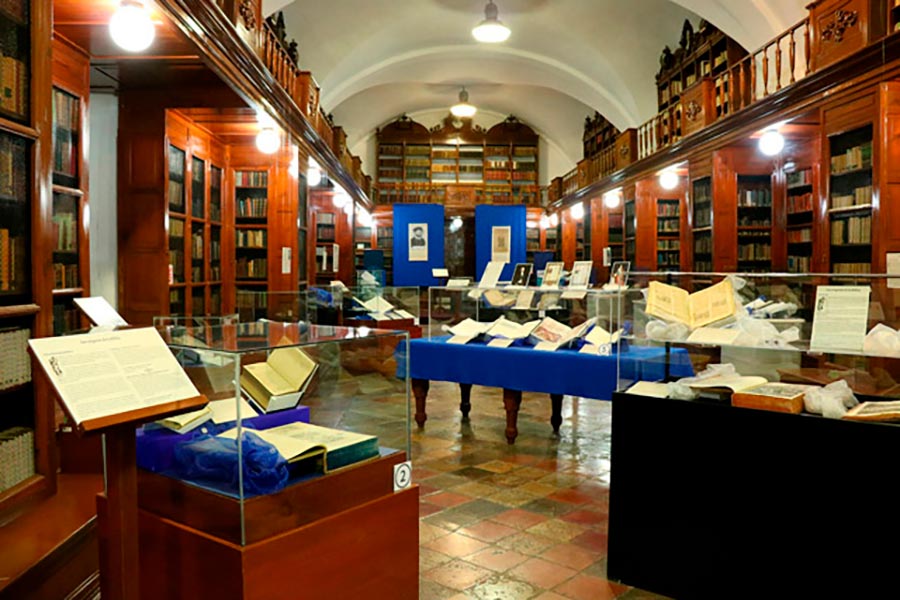
The Institution will design a course on management and conservation of documentary and bibliographic heritage for Latin American headquarters
The “José María Lafragua” Historical Library of the BUAP is part of the nine partners of the international project CODICIS: Strengthening capacities for the recovery and conservation of the documentary and bibliographic heritage of Latin America, co-financed by the Erasmus+ program of the European Union, whose mission is to train human resources for the conservation of archives and heritage libraries.
The project is made up of six Latin American institutions, two Spanish and one Italian; each one will be responsible for a work package. Where appropriate, the BUAP will design a course on management and conservation of documentary and bibliographic heritage for Latin American institutions.
To do this, an analysis of the reality of these headquarters will be carried out. Likewise, Latin American members will carry out a survey with well-known institutions to understand and define the conservation situation of archives and libraries in Mexico, Bolivia and Peru. This information will be discussed with the European partners to take advantage of their experience on the subject and put together a plan focused on the Latin American reality, detailed Mercedes Isabel Salomón Salazar, director of the “José María Lafragua” Historical Library.
The official said that the training for staff will be in two phases. In the first, 10 representatives of the Latin American partners will be chosen, who will be trained as teachers by the European headquarters. Subsequently, this same pilot course will be taught simultaneously in Latin American institutions, to impact 108 participants.
Teacher Salomón Salazar pointed out that the project will last 36 months and at the end of this the “José María Lafragua” Historical Library will be equipped with specialized personnel to continue teaching the course. “Once this pilot course is achieved and passes a quality review, we would be able to repeat it frequently to train those responsible for the care and conservation of files and documents.”
The CODICIS project will be coordinated by the Universidad Católica San Pablo, in Peru. The universities of Piura, Peru also participate; Panamericana, Guadalajara campus, Mexico; Bolivian Catholic “San Pablo” and Mayor of San Andrés, Bolivia; Universitat de Barcelona and International Consulting and Mobility Agency, Spain; as well as the Università degli Studi di Catania, Italy.
To achieve the main objective, to design and execute a specialization course in conservation and management of archives and heritage libraries, five specific objectives were defined: Develop the pedagogical and scientific methodology for the evaluation of the training of personnel in archive and library management with heritage content, which will focus on the Latin American countries of the six participating educational institutions.
Transfer of knowledge from higher education institutions (HEIs) of the European Union to Latin American ones; training in criteria for the classification and preservation of heritage documentary material, promoting international university cooperation, through a network; equipment of the beneficiary HEIs for the correct preservation and academic use of the documentary and bibliographic heritage; and promote international university cooperation in relation to heritage archiving, as well as the participation of other types of entities at the local level.
See the note on the original site: Here

